Publications
Articles, publications, books, tools and multimedia features from the U.S. Institute of Peace provide the latest news, analysis, research findings, practitioner guides and reports, all related to the conflict zones and issues that are at the center of the Institute’s work to prevent and reduce violent conflict.
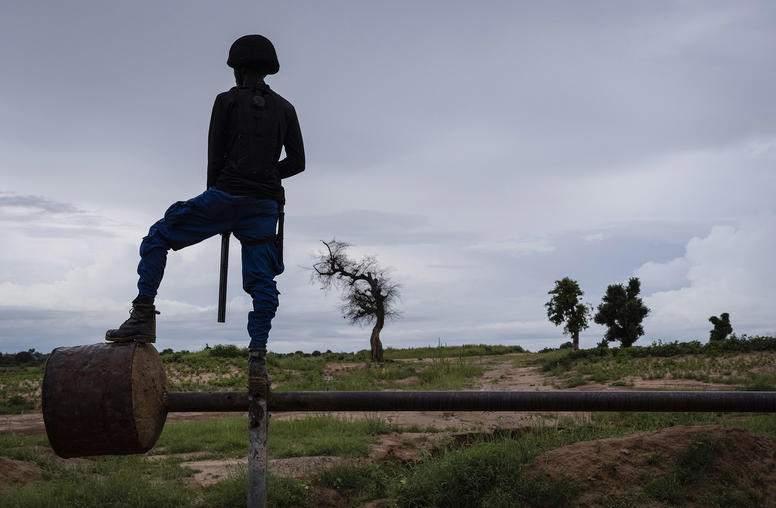
Six Alternative Ways to Measure Peace in Nigeria
When measured by the death toll, Nigeria seems beset by violence. By some accounts, the COVID-19 pandemic has made experiences of violence even more common — notably, Nigeria recorded a 169% increase in abductions between 2019 and 2020. While quantifying violence is relatively straightforward, defining what peace means to ordinary Nigerians has been largely overlooked, even if such definitions may be more meaningful. By exploring more nuanced understandings of peace, how these vary between and across communities, and finding which indicators of peace are most valued, peace might be better pursued. We went in search of how people in the states of Bauchi, Kaduna, Nasarawa and Plateau define peace. Here are six of our most important findings.
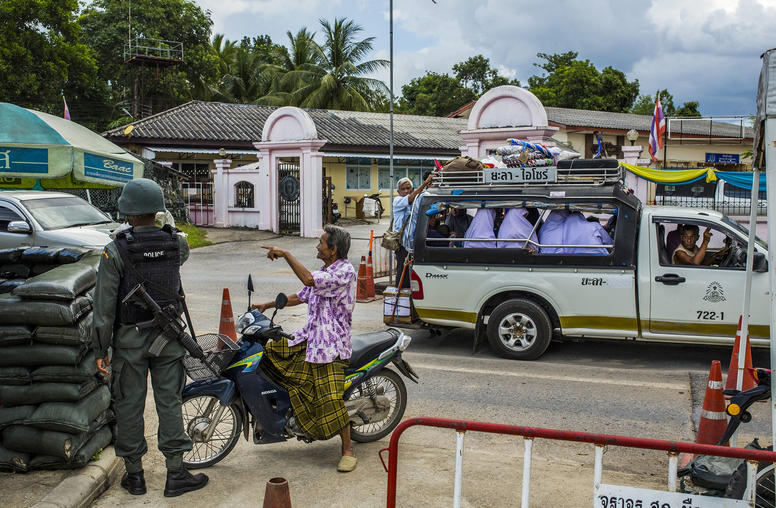
Thai Authorities Struggle to Understand a Conflict They Have Been Fighting for Decades
In May 2021, Thai security forces were in a three-hour standoff with two Malay-Muslim separatist insurgents in a small remote village in the southernmost border province of Yala. As they stood their ground, the two combatants made video calls to family and friends to bid farewell. Someone began recording one of the calls on another cellphone. Soon, footage of the two men, who were killed in the operation, was circulating on social media.
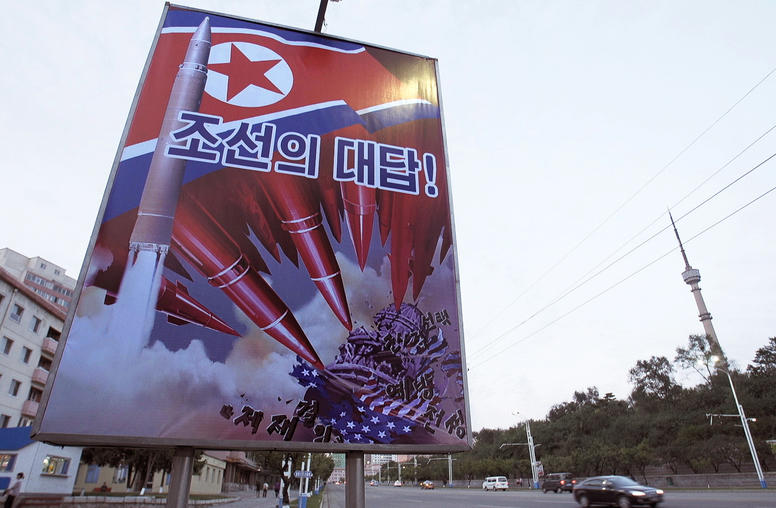
Making Sense of North Korea’s Missile Test
North Korea announced on September 13 that it had tested long-range cruise missiles over the weekend. It described the missiles as a “strategic weapon of great significance.” The test caused alarm in North Korea’s neighbors — South Korea and Japan, both U.S. allies — as the revelation now puts both countries within striking distance. But despite the test, a spokesperson for the Biden administration said the United States remains prepared to engage with North Korea. USIP’s Frank Aum discusses the significance of the tests, the arms race on the Korean Peninsula, and what signals North Korean leader Kim Jong Un may be sending to the United States with this latest test.
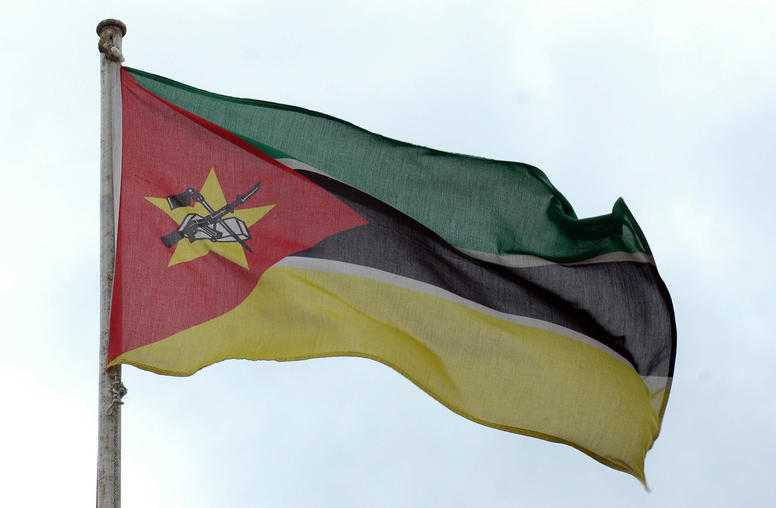
The Need to Build on Security Gains in Mozambique
The Rwandan armed forces and police deployed to the Cabo Delgado province in northern Mozambique have made impressive gains combatting the Islamic State-affiliated al-Shabaab militants that have devastated the area. These 1,000 or so forces secured the key port city of Mocimboa da Praia in August, and the militants — who have committed grave atrocities, killed thousands and driven nearly a million people from their homes — have been forced to retreat from several areas of this natural resource-rich region.
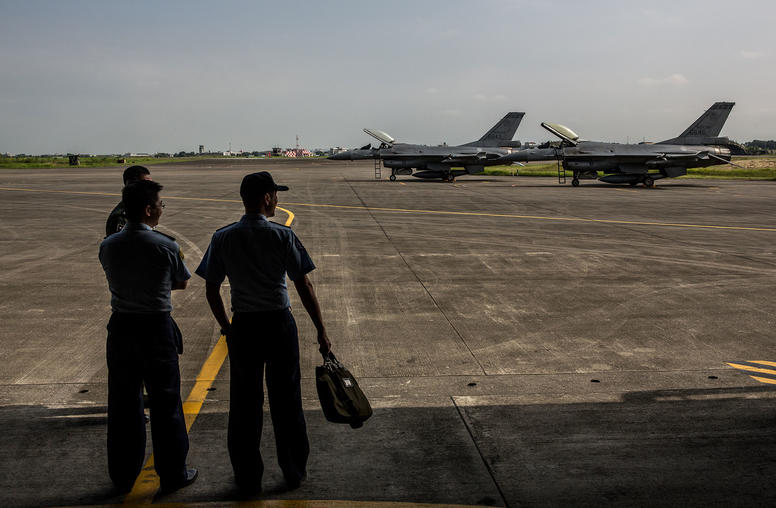
What’s Next for U.S.-China Relations Amid Rising Tensions Over Taiwan
U.S. National Security Advisor Jake Sullivan and Chinese Communist Party Politburo member Yang Jiechi held a six-hour meeting in Zurich on October 6 in an attempt to manage “intense competition” between their two countries. The meeting took place against a backdrop of growing Chinese incursions of Taiwan’s air defense identification zone and a decision by the Biden administration not to remove Trump-era tariffs on Chinese goods until Beijing keeps its trade commitments.
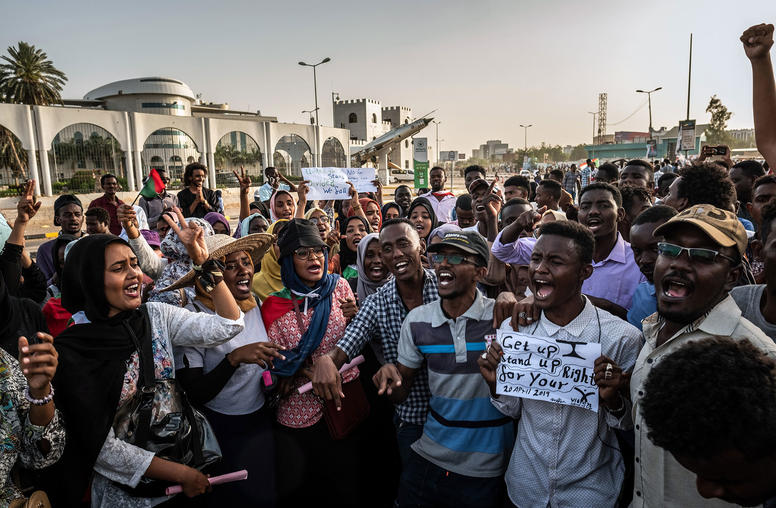
Dissecting Sudan’s Coup
On October 25, Sudan’s military detained the country’s prime minister and key civilian leaders, dissolved the government and declared a state of emergency. The coup, which has put in doubt Sudan’s transition to democracy, quickly prompted protests in the streets of the capital Khartoum and other cities. Some protesters were killed after being fired on by security forces and calls for mass protests on October 30 are growing. USIP’s Joseph Tucker and Manal Taha analyze what the latest developments in Sudan mean for the country and consider the options for the United States to respond to this crisis.
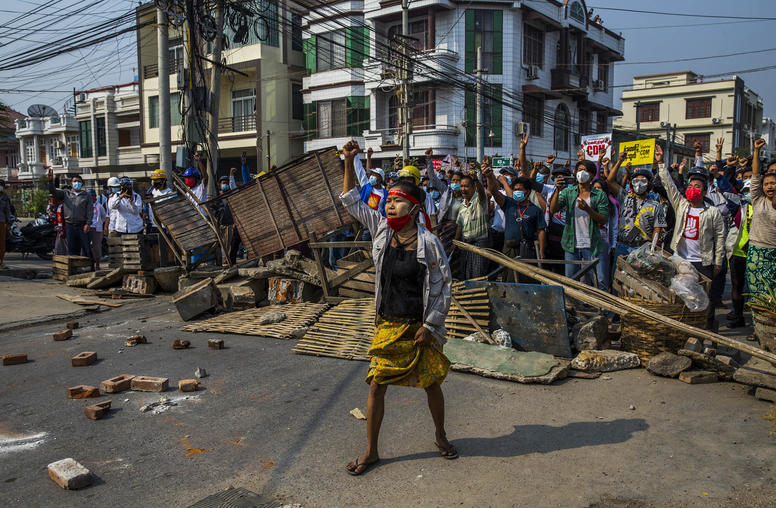
Myanmar’s Unity Government Meets with NSA Sullivan, Gains Further Traction
U.S. National Security Advisor Jake Sullivan recently met with representatives of Myanmar’s National Unity Government (NUG) — a shadow government representing the lawmakers elected by the people in the November 2020 election. The meeting boosted the NUG’s regional and international profile as an alternative to the brutal violence of the Burmese military, which has failed to gain control over the country since last February’s coup. But questions remain about whether the NUG and the disparate ethnic armed groups, political parties and civil society leaders that reject military rule can find common ground beyond a shared enemy.
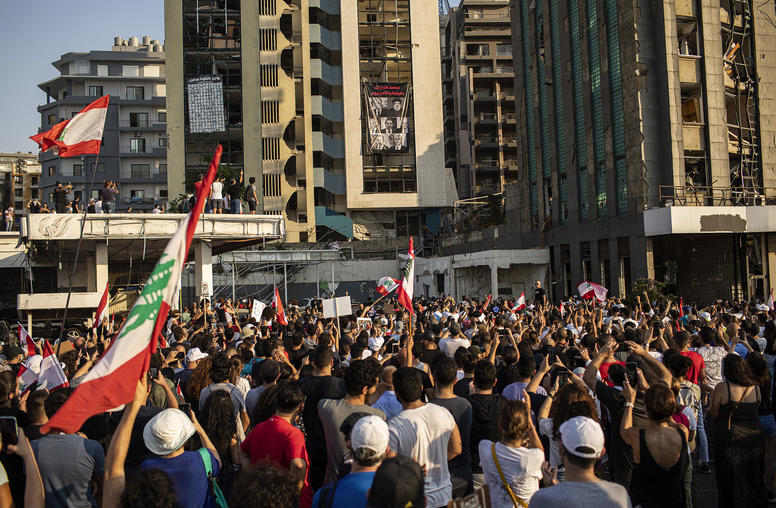
What’s Behind the Lebanon-Gulf Diplomatic Row?
Already in the throes of existential political and economic crises, Lebanon is now facing a diplomatic row with Saudi Arabia and several of its allies in the Gulf Cooperation Council (GCC). Following critical comments made by Lebanese Minister of Information George Kordahi about the Saudi-led intervention in Yemen, Riyadh expelled Lebanon’s ambassador, banned all Lebanese imports, and recalled its ambassador to Lebanon. In solidarity, the UAE, Bahrain and Kuwait summoned their ambassadors in Lebanon. This current crisis reflects the Gulf’s broader concerns over Iran’s influence in the region and the powerful role of its ally Hezbollah in Lebanon.
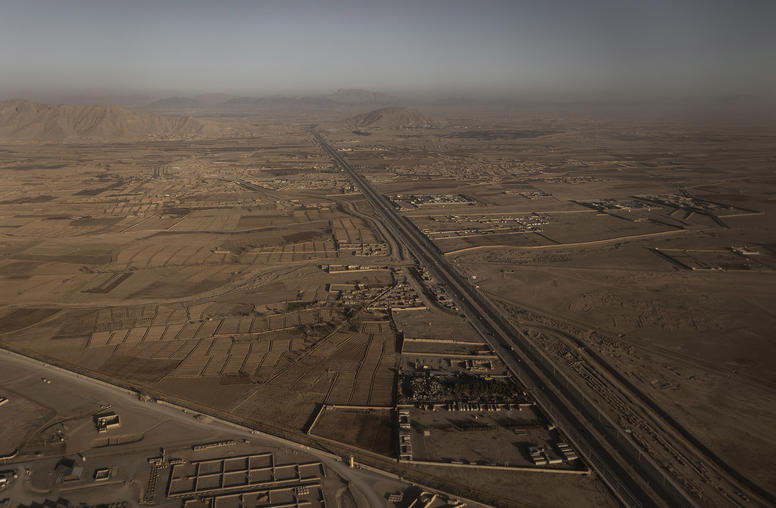
Afghanistan-Pakistan Border Dispute Heats Up
In at least two incidents in late December and early January, Afghan Taliban soldiers intervened to block an ongoing Pakistani project to erect fencing along the shared border between Afghanistan and Pakistan — the demarcation of which prior Afghan governments have never accepted. Despite attempts to resolve the issue diplomatically, and the Taliban’s dependence on Pakistan as a bridge to the international community, both sides remain at odds over the fence. USIP’s Richard Olson, Asfandyar Mir and Andrew Watkins assess the implications of this border dispute for Afghanistan and Pakistan’s bilateral relationship and the region at large.
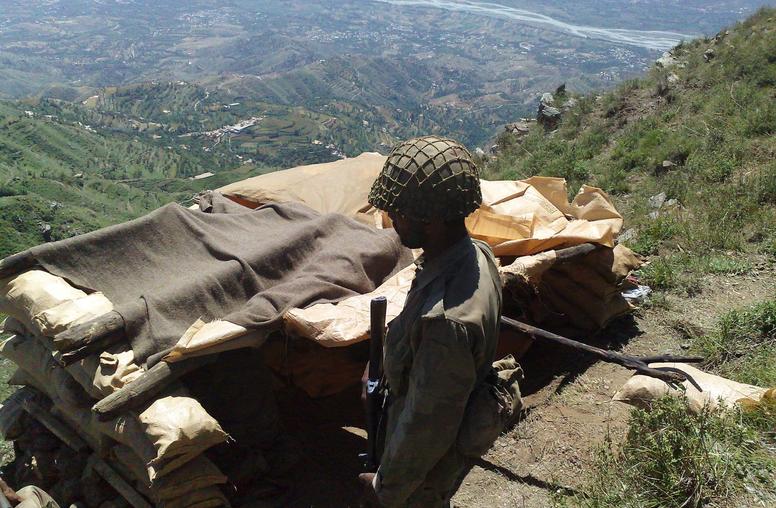
After the Taliban’s Takeover: Pakistan’s TTP problem
In 2021, the Tehreek-e-Taliban Pakistan (TTP) insurgency escalated its challenge against Pakistan. Operating from bases in Afghanistan, and with a growing presence inside Pakistan, the group mounted an increasing number of attacks against Pakistani security forces — as well as against some critical Chinese interests in Pakistan. The insurgency also showed renewed political strength by bringing in splintered factions and improving internal cohesion. Additionally, al-Qaeda signaled its continued alliance with the TTP. On Tuesday, after an attack by the TTP on the police in Pakistan’s capital city of Islamabad, Pakistan’s Interior Minister warned that more attacks by the group are likely.